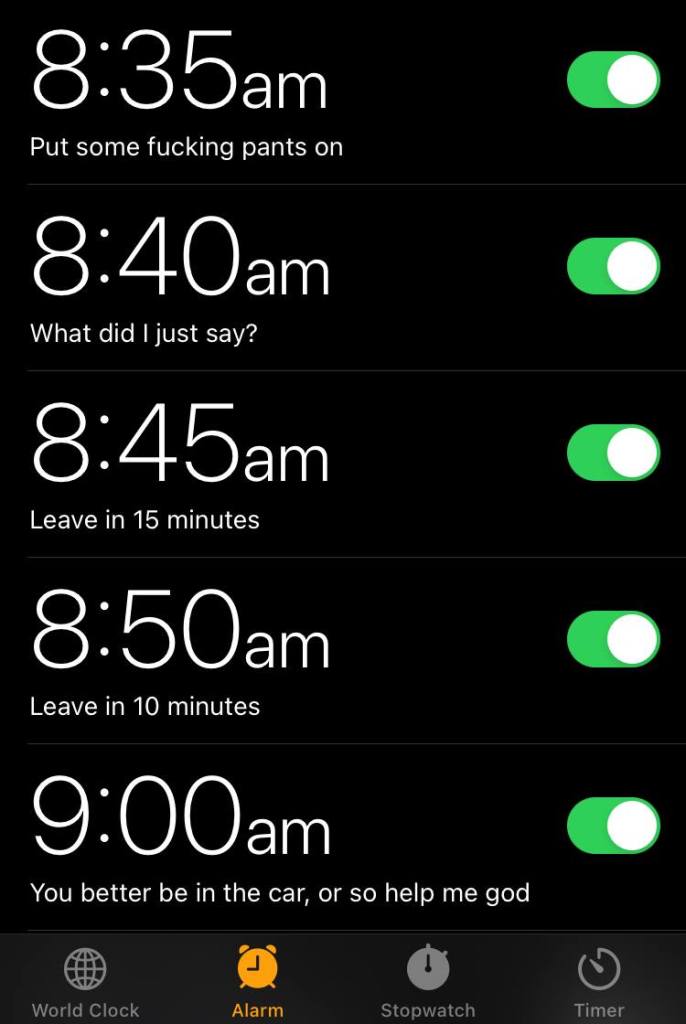“Can I come over to your house?”
My mum gave an embarrassed laugh, and explained to her seven year old daughter that it wasn’t polite for me to invite myself over to my friend’s house (friend and friend’s mum were right there).
I blinked. “But why?”
I don’t recall that my mum gave an explanation. I think she simply said “it’s bad manners”, and that was the end of the matter. I was simultaneously frustrated and mortified:
…the former because I still didn’t understand “manners” or how to figure them out from first principles, and how the fuck1 did everyone else seem to know this shit?
…the latter because oh god I have made The Big Faux Pas again.2
To be fair, I don’t recall that my friend – also seven – was particularly offended by my request.
And to be even more fair, I think explaining to a seven year old that hosting a visitor is actually a bit of work, and sometimes requires people to arrange their house and their plans on your behalf, and that inviting yourself over to their house is basically asking them to do you a favour, and you may not have given them a polite way to say no, because we’ve built a culture where refusing a visit without some sort of socially acceptable excuse is in itself considered rude, because that could lead to hurt feelings-
Look, all that shit is a minefield. I don’t claim to understand it properly even now, and I’ve made quite the informal study of these puzzling social mores.
I absolutely understand the part about hurt feelings, because while I’m extremely blunt on one hand and have a personality like a sledgehammer, I am also very sensitive and can be deeply fragile, because of a combination of emotional dysregulation, rejection sensitivity, and a whole buncha trauma.
Eventually, Mum said, “You have to wait to be asked.”
Oh. But what if they don’t ask?
…the rest is silence, I suppose.
Continue reading “ADHD and Other Letters: Wait Your Turn”








